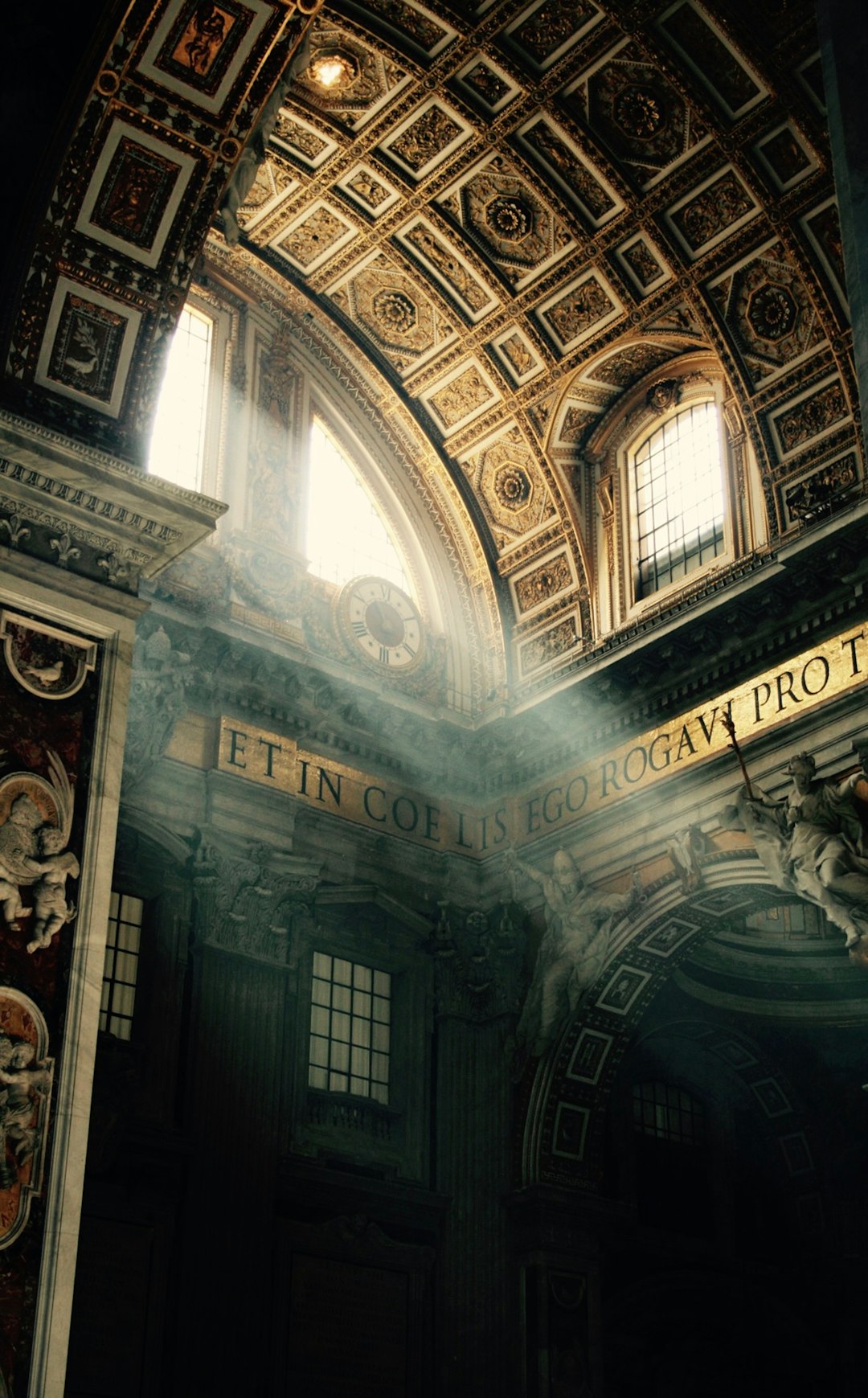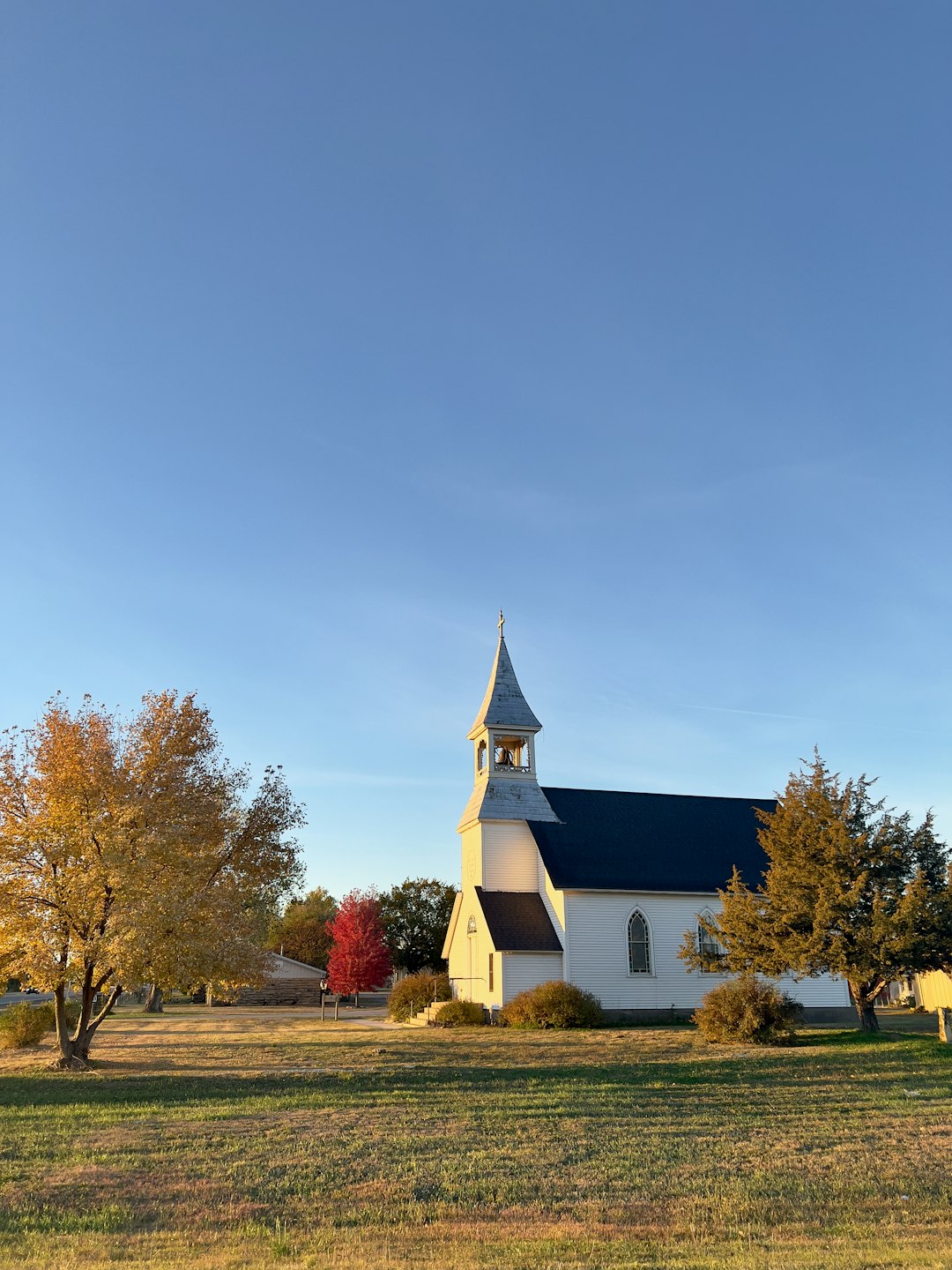In Kansas, clergy sexual assault cases present unique challenges due to power imbalances, cultural silence, and high legal barriers. Victims require specialized clergy abuse lawyers with expertise in both secular and religious law to navigate these complexities. Pivotal precedents like Jones v. Church of Christ (2015) and Smith v. Catholic Diocese of Wichita (2018) have shaped national litigation, clarifying statute of limitations and duty of care for religious institutions. Specialized clergy abuse lawyers in Kansas are crucial for handling these cases, offering strategic counsel based on local precedents and religious doctrines to help victims pursue justice.
In Kansas, clergy sexual assault cases present unique challenges due to the sensitive nature of the relationship between religious leaders and their congregations. This article explores the legal framework surrounding these cases and delves into key precedent-setting decisions that have shaped future litigations. Additionally, it highlights the crucial role played by clergy abuse lawyers in navigating complex lawsuits within Kansas’ legal landscape, providing vital support to survivors seeking justice. By understanding these precedents, victims can better comprehend their rights and options when confronting clergy sexual abuse.
Understanding Clergy Sexual Assault Cases in Kansas: Legal Framework and Challenges

In Kansas, clergy sexual assault cases present unique legal challenges due to the sensitive nature of the allegations and the specific dynamics within religious communities. These cases often involve power imbalances between clergy members and their congregants, making it crucial for victims to seek support from experienced clergy abuse lawyers in Kansas who understand the intricacies of these matters. The legal framework involves state laws regarding sexual assault and misconduct, as well as church policies and canons that may come into play.
Navigating these cases requires a deep understanding of both secular and religious law. Victims face challenges such as cultural silence around sexual abuse within religious contexts, potential retaliation from churches, and the burden of proof required to convict clergy members. Therefore, it is essential for victims to be accompanied by clergy abuse lawyers who can guide them through these complexities, ensuring their rights are protected while pursuing justice.
Key Precedent Settings: Significant Cases and Their Impact on Future Litigations

In the landscape of clergy sexual assault cases, several significant precedents set in Kansas have profoundly influenced future litigations across the state and beyond. One of the key cases is Jones v. Church of Christ (2015), which established important legal principles regarding the statute of limitations for clerical abuse claims. This landmark decision clarified that the clock for filing suits begins at the time the abuse occurs, not when the victim becomes aware of its seriousness.
Another pivotal case, Smith v. Catholic Diocese of Wichita (2018), underscored the responsibility of religious institutions to protect children and maintain safe environments. The court’s ruling emphasized that dioceses have a duty to exercise reasonable care in selecting, supervising, and retaining clergy members, holding them accountable for failing to prevent abuse. These cases not only provided critical guidance for Kansas clergy abuse lawyers but also sent a strong message to religious organizations across the nation regarding their legal obligations and potential liabilities in dealing with sexual misconduct by their clergy.
The Role of Clergy Abuse Lawyers in Navigating Complex Kansas Lawsuits

In cases involving clergy sexual assault, specialized legal expertise is indispensable. Clergy abuse lawyers in Kansas play a pivotal role in navigating complex lawsuits, ensuring victims receive justice and compensation for their trauma. These attorneys are well-versed in state laws and local precedents unique to these sensitive matters, which often involve intense religious and community ties.
Their experience enables them to guide clients through the legal system, handling issues related to statute of limitations, evidence collection, and dealing with potential conflicts within religious institutions. By leveraging Kansas case law and their understanding of religious doctrines, clergy abuse lawyers can provide strategic counsel, helping victims make informed decisions while pursuing legal remedies for their suffering.





